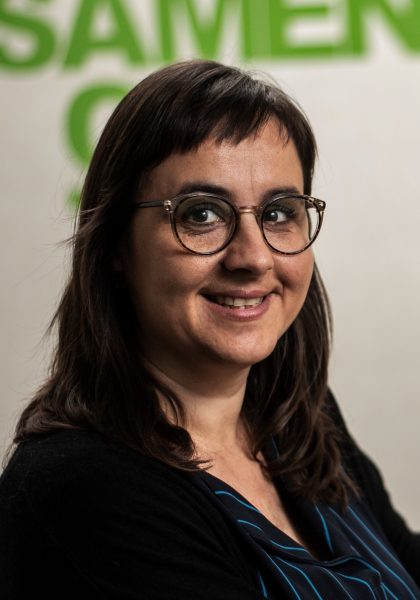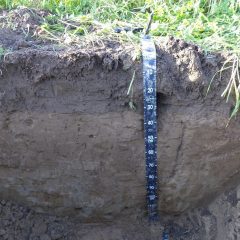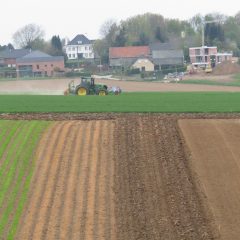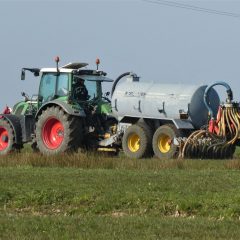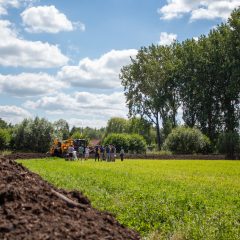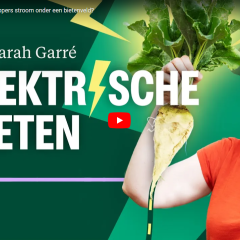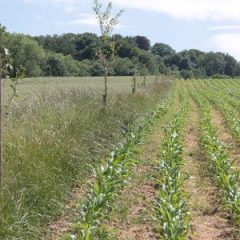Research project Roadmaps for enabling carbon farming across the EU
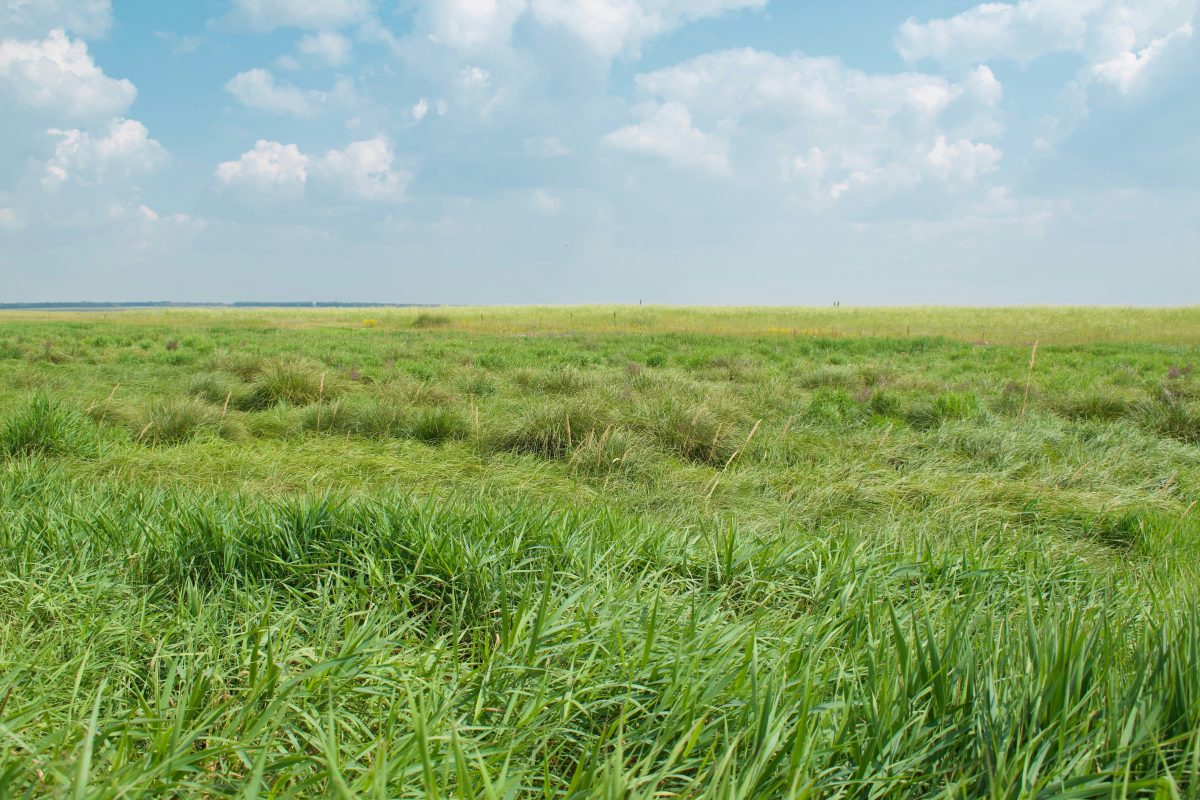
General introduction
Road4Schemes, a project within the broad EJP Soil Program, explored the European roll-out of carbon farming, specifically how to organize it in a successful and context-flexible way. The strengths and weaknesses of existing and planned schemes for carbon farming and additional payments for ecosystem services (ESS) in several EU member states have been identified, including the tools for monitoring, reporting and verification. There is greater clarity on stakeholder perceptions and preferences regarding scheme design strategies, as well as policy drivers and barriers. Finally, the goal was also to establish a roadmap for context-sensitive, results-oriented carbon agriculture schemes and complementary ESS payments.
Research approach
The researchers gathered interdisciplinary insights from soil science, economics and the social sciences. An inventory and structural analysis of the various carbon agriculture schemes in Europe was conducted to identify weaknesses and strengths. Different stakeholder groups in carbon agriculture were surveyed. Different scenarios on how to improve an outcome-based carbon farming scheme and its ESS at the local level are now on the table.
Relevance/Valorization
Carbon agriculture has gained importance as a mitigation option to meet the climate goals of the Paris Agreement and the European Green Deal. To achieve this, it is useful to integrate research into policy design and implementation so that stakeholders, soil and society mutually benefit. The comparison of carbon agriculture schemes between different countries involved in this project (Belgium, Denmark, Germany, the Netherlands, France, Austria, Switzerland, Czech Republic and Turkey) made them learn from each other and exchange best practices. The results can be directly used in the ongoing development of policy rules at the EU and regional levels. Moreover, the project results can serve as a basis for pilot projects on carbon farming currently underway in Flanders.
Financing
EU Horizon2020
